On the road with Michael King, Deputy Senior Public Defender

The last decade has seen governments inject far more resources into regional centres. This has resulted in an increase in the court infrastructure and availability of representation in regional areas. Michael King, Deputy Senior Public Defender with chambers in Wagga Wagga spoke to the Bar News about practising in the regions.
Kavita Balendra (KB): Have you always practised regionally?
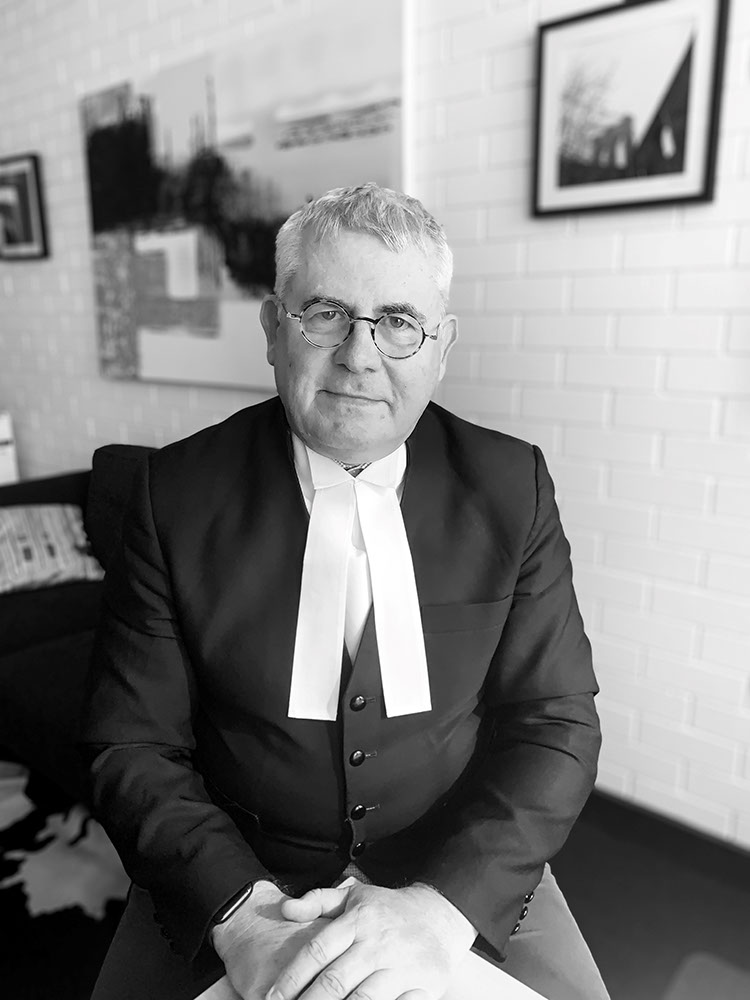
Michael King (MK): No, born and bred in Sydney, I was a solicitor there for 18 years and at the private bar at 11 Garfield Barwick Chambers for five years. I never dreamt of regional practice. What I did dream of was being appointed as a Public Defender and when the opportunity came up with the creation of the position in Wagga Wagga I applied. I did not know it at the time, but I then became an early-adopting escapee from Sydney.
I have been the Public Defender for the Riverina and Murray area since 2010. In 2018 the then Senior Public Defender, now Justice Mark Ierace, recognised the need to have greater senior representation of the Public Defenders in regional areas. And so I was very fortunate to be appointed the first Deputy Senior Public Defender to be based in regional NSW.
I have a mixed practice in the District and Supreme Courts and the Court of Criminal Appeal, but my primary responsibility is in the District Court circuits at Wagga Wagga, Albury and Griffith. That means that my client catchment area goes from Young in the north to Tumut in the east, to Albury in the south and across to Balranald in the west with everything in between, so most of south western NSW.
KB: So what is it like, having a practice that covers that large area?
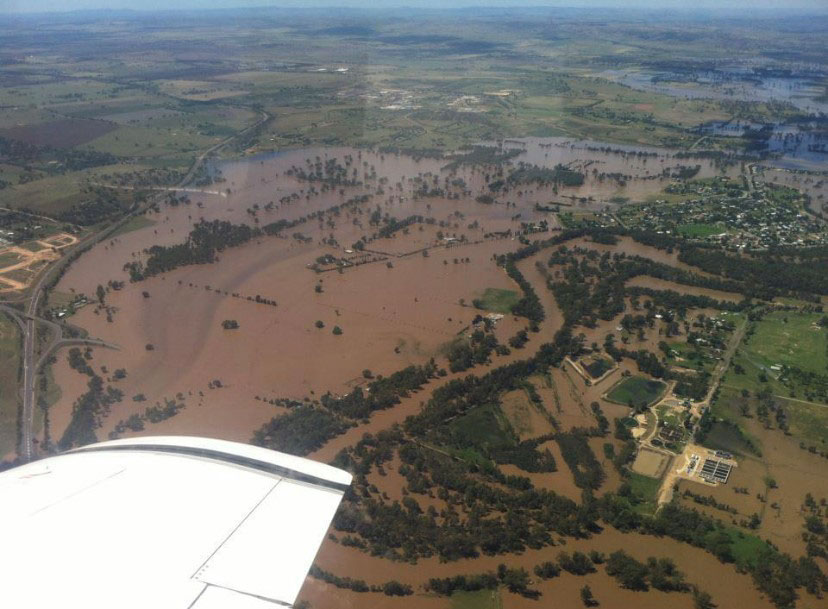
MK: When I was first appointed, the circuit rotated, with two weeks in Wagga Wagga, two in Albury, and then two weeks in Griffith and return. So, initially I was away from Wagga for two thirds of my time and most of my chamber work was done via my iPhone and my car boot. In 2012 I was briefed in a Griffith District Court trial, and there were big floods in the area but Judge Debbie Payne was very keen for the show to go on, so I had to charter a small plane to fly me to Griffith in time for the start of the trial. That was one memorable daily commute!
In 2017 Judge Lerve was appointed to sit full-time in Wagga Wagga which means that I now spend far more time at home, and my work is more chambers based now. In 2020 Judge Grant was appointed to sit full-time in the Albury and Griffith District Courts, so our regional sitting calendar has increased from 40 weeks a year to well over 80 in the last decade. In 2020, we appointed another Public Defender to the region, Christine Mendes, so now there are in fact three Public Defenders based in south west NSW.
KB: What made you decide to stay in Wagga?
MK: When my family first came to Wagga we had young children and, then being still so ‘Sydney-centric’, our plan was to spend no more than five years here and then return home. But after the first year, we realised the many advantages Wagga Wagga had over Sydney.
The first is affordability, particularly housing affordability, which is about a third of what you would pay in Sydney, which gives you a much better chance of building a solid lifestyle.
The second advantage is in terms of travel, so your daily commute. When I came down here to talk to people about where I might be living, I suggested that I would live out along the lake, on the southern edge of the city. My local colleagues baulked at that, saying ‘That’s 15 minutes out there!’ as if that was a bad thing! In Sydney my daily commute was, well, you know what that is like. So I have probably another ten hours free in my week or so that I would not otherwise have.
Thirdly, the last decade has seen the State government inject a lot more capital into regional centres and Wagga is certainly one of those. In the time I have been here we have had a new hospital built, as well as major extensions to the Court House. Other government departments have increased their footprint in the area, so it is a growing city with growing resources and that makes it an exciting place to be.
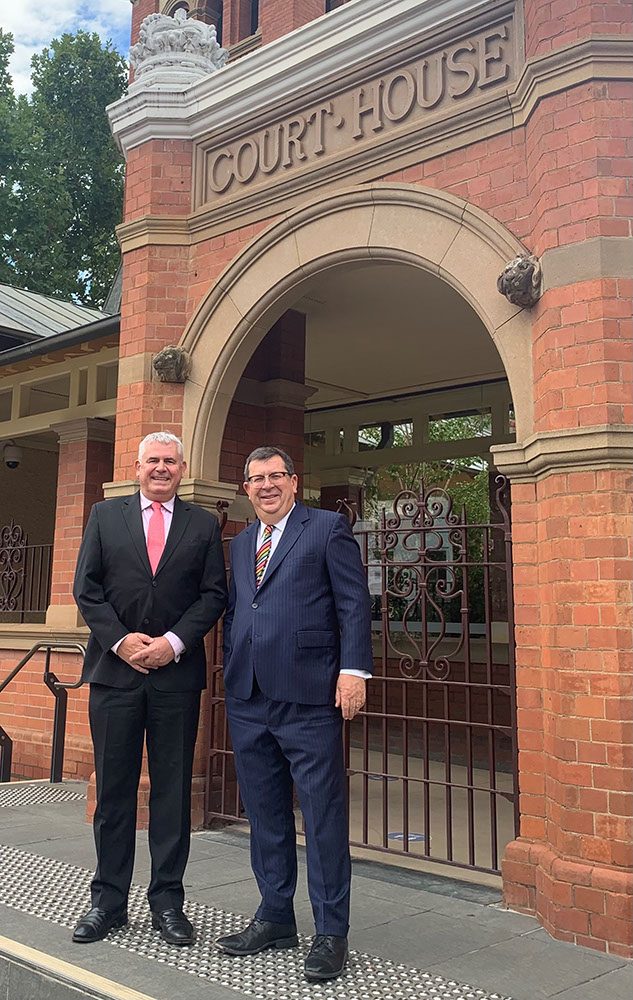
Southern NSW also has a great food and wine scene. The produce in this area is fantastic, but we not quite there yet with the restaurants. There’s a competition at the moment between two local restaurants to see who can bring the first Chef’s Hat into Wagga. But we are only two and a half hours away from the Victorian snowfields and less than that to food and wine hotspots like Beechworth, Bright, and the King Valley. So in terms of food and wine lifestyle, there’s so much on our doorstep.
So we built a house in Wagga, our children are educated here, and we have no plans to go anywhere.
KB: What about work in the regions? Is there a lot?
MK: There’s always far more work than the Public Defenders can take on. No matter where you are as a Public Defender, you’re always going to be very busy. But what I do see is that most people in the private profession are also very busy themselves. In fact, too busy because we no longer have a private barrister based in the region, with Christine Mendes moving to the Defenders.
We definitely need more barristers from the private bar to come out here, because there is more than enough work to go around.
We have recently seen full-time judges appointed in places that had previously been part of a travelling circuit. In my area, we have two full-time judges and there are full-time judges in Dubbo, Orange, Tamworth-Armidale, Lismore and Coffs Harbour and Port Macquarie, as well as in the big regional coastal cities. So even in the last few years we have seen a great increase in government resources pushed into regional criminal courts, and with that has come much more work.
COVID-19 has also made a big difference to practising in regional NSW. It has levelled the playing field in many ways.
For example, gaol visits can be achieved very efficiently via AVL facilities on Just Connect. That has cut down travel enormously, and not just for regional lawyers. Personal gaol visits are still very important in terms of building relationships. AVL is not always a replacement for face-to-face visits but the greatly increased video facilities rolled out in response to the pandemic means you can now have many more conferences with your client than you could before.
The pandemic also broke down barriers between city and regional practice, by putting us all in the same boat – it didn’t matter if you were in Phillip Street or Wagga Wagga – we all had the same access to the courts, that is only via AVL. The increased use of video facilities now means that regional lawyers have much better access to Sydney courts, at least for administrative hearings.
Those trends are continuing, and you can appear in the Supreme Court in Sydney, or even in the Court of Criminal Appeal, from chambers in your regional centre. No longer, if they were, are regional barristers out of sight and out of mind, and that is a very good thing.
KB: Now, that seems like a good point to talk about court infrastructure. So what facilities are available generally in terms of meeting clients and those sorts of things as well as the court facilities?
KB: Well in my region, we have seen major upgrades in all three complexes in the last five years or so. Griffith has only just been completed. It was a very old-fashioned courthouse with fairly poor public facilities and the refurbishment has now brought much better conference facilities there. Albury is just about to undergo a major upgrade and Wagga had a multi-million-dollar extension about three or four years ago so our facilities are as good as if not better than you would find in the city.
KB: What are some of the issues that you have encountered being out in Wagga that you may not have encountered in Sydney?
MK: Isolation is the most significant one. Fortunately, in 2012 when Eric Wilson SC, Public Defender, returned from secondment as a Crown Prosecutor, he and I and two other local barristers were able to set up chambers. We secured accommodation and Eric Wilson SC became head of Papayanni Chambers, named after Cliff Papayanni, a legendary Public Defender. About two years ago we moved to other accommodation closer to the Court House and we still have spare rooms available for new barristers.
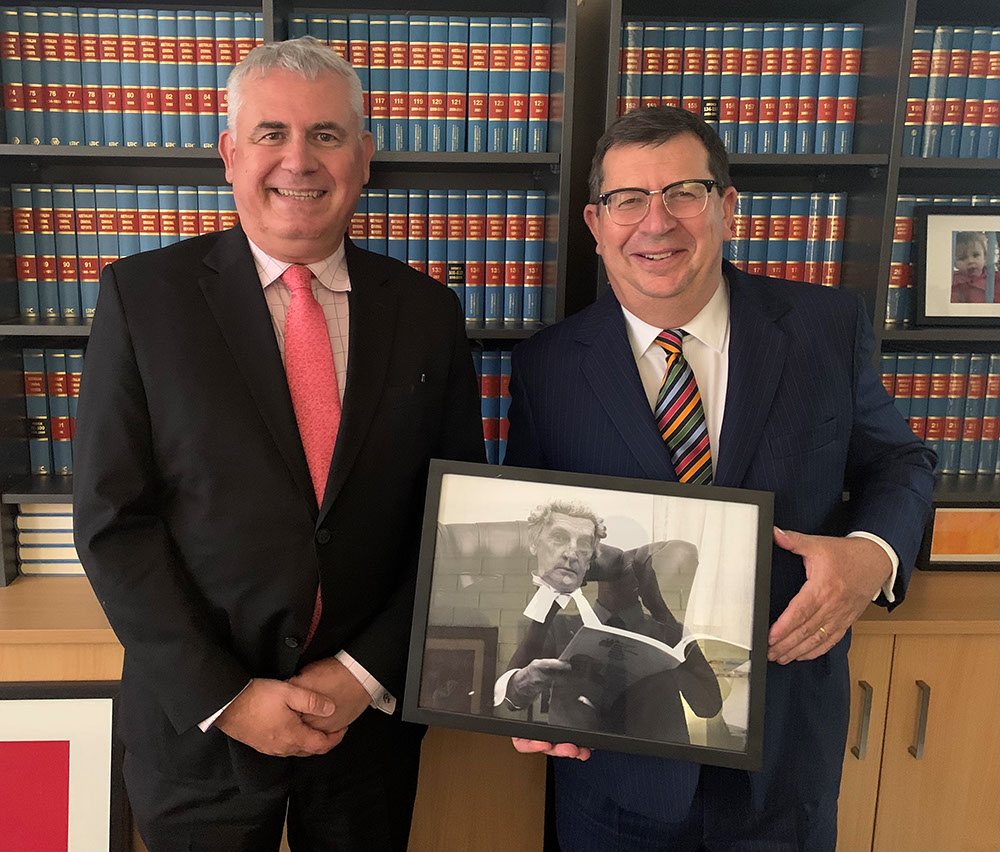
Michael King with Justice Andrew Bell, President of the Court of Appeal holding a photos of John Papayanni, Public Defender
By contrast if you are practising in a regional area by yourself, it is very difficult. You can practise ‘open door’ all you like, but if there is no one to walk through that door to give you advice and have a chat, it is a lonely existence. Having access to the collective wisdom of the bar is certainly the strength of a chambers practice.
KB: How aside from setting up chambers have you been able to counter the isolation?
MK: We do it by making sure to stay in close contact with each other whether that’s seeing each other personally or on the telephone. We make sure we are a strong network of legal professionals.
Also, there is no doubt in my mind that regional lawyers are a very welcoming and friendly bunch of people that always welcome people from out of town. My local criminal defence community also has a very good relationship with the DPP because we have to deal with each other all the time, so there’s no point having arguments about things that are best resolved. Whereas in Sydney, there can be that rivalry and competition and perhaps not always the same need to develop those deeper personal and professional relationships.
We always try to make circuit practitioners welcome through circuit dinners, which are still very much a thing. For instance, the President of the Court of Appeal, Justice Andrew Bell is currently sitting at Wagga as a trial judge and so the local legal profession is welcoming him with a dinner next Tuesday night.
KB: How does your family like living in Wagga?
MK: They love it. If you move to a country area with school aged children, you immediately find a social network to fit into because there are always parents at the same stage of life as you. I think it is more of a challenge for younger people without families who can struggle to find that social network. The way to do it in Wagga is to join one, two or four team sporting clubs. As you know Wagga is the sporting capital of Australia, if not the world.
KB: What would you say to someone who is thinking of practising regionally or who may not have been thinking of practising regionally but having read this will get excited about it?
MK: The regions are the future. The government has made it clear that more and more resources are going to be pushed into regional areas. Wagga is on track to have a population of 100,000 people by 2038. With that will come far greater opportunities to achieve that elusive work-life balance.
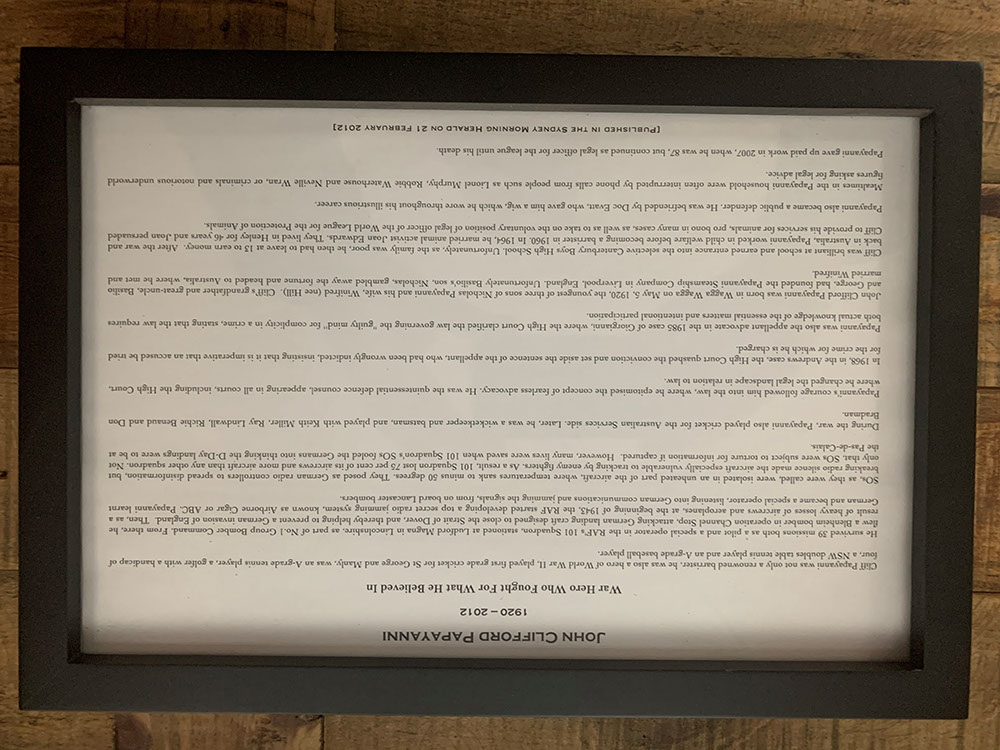
I have no doubt that criminal defence barristers with five to ten years' experience would find life in the country extremely rewarding both professionally and socially.
KB: One final thing before we go – What’s your favourite town to go to?
MK: I just love the Alpine Region of Victoria, with food hotspots like Bright and Beechworth, but more locally I crave the food scene in Griffith, which is so diverse. It has the old fashioned Italian mecca of La Scala, down a dark lane where if the walls could talk…. and new exciting players like Limone where Luke Piccolo (ex Pilu at Freshwater) is doing fabulous work, and Zecca, who have a paddock to plate philosophy, with lots of local wine and produce for sale as well.
In August each year Griffith hosts the ‘Festa delle Salsicce’, where the locals vie for the title of best salami in town. Griffith also now has one of the densest populations of Punjabis outside of India who have brought with them fantastic restaurants and spice shops.
KB: Michael thanks so much for talking to me.